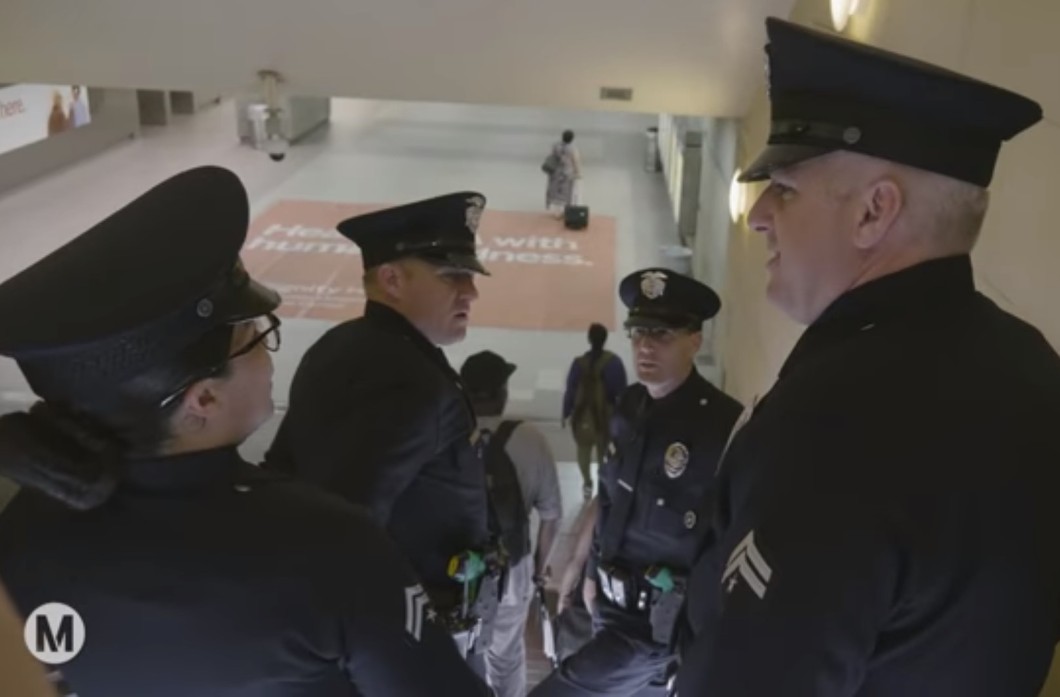America just elected Donald Trump, who got a foothold in national politics by fanning a conspiracy about Barack Obama’s country of origin, who ran a campaign premised on a naked appeal to racist anger and resentment, who shredded every norm of conduct on his way to the presidency. He’s going to occupy the White House for at least the next four years, and for at least two years the Democratic opposition won’t control either house of Congress.
The train ride into work today was quieter than usual. People seemed shell-shocked. A random bunch of strangers from Brighton Beach, Midwood, Flatbush, and Park Slope, sharing a Q train car, processing the idea of President Trump.
It’s hard to write at a time like this. I’m worried for everyone who might lose health insurance, or whose families might get torn apart by deportation, or who will be less physically secure in Trump’s America because of their race or religion. I can’t stop thinking about Trump’s vindictive streak, his disregard for a free press, and his willingness to abandon international coalitions that have kept the threat of nuclear war in check for 70 years.
It’s hard to focus on transportation policy when it feels like the foundations of an open and democratic society are crumbling. At the same time, I find myself returning to the question of why the work we do at Streetsblog matters.
This is not a “now more than ever” post that claims a world-shattering event has somehow elevated the issues we write about to more prominent status. But I do want to affirm the importance of reforming our present-day transportation system and briefly explore how the new political order will affect these issues.
Today, like yesterday, too many people will lose their lives in preventable traffic crashes. Crummy transit still limits access to jobs and education while foisting the high costs of car ownership on many people who can’t afford it. Car-based development saps public health and threatens the long-term future of the environment. If we’re going to have a prayer of stopping runaway climate change, we need to build more walkable places.
The urgency of fixing these problems has not diminished.
The Trump presidency, combined with full Republican control of Congress, poses new challenges to everyone who’s working to overhaul a broken transportation system. Party polarization is embedded in geography. Republicans did not need city voters to gain control of the executive and legislative branches. Better transit and walkable/bikeable streets are anathema to Trump’s rural base. Whatever momentum had built up inside federal agencies for initiatives like urban highway removal, better lending standards for mixed-use development, and multi-modal street design standards is at risk of dissipating.
In Congress, cities will probably have to fight just to hang on to the scraps of federal funding currently set aside for transit. Without these funds, transit agencies will struggle with the basics of providing service and maintaining infrastructure and vehicles.
Local governments were already starting to take on more responsibility for funding better transit networks, and it looks like they will have to be even more prepared to go it alone. On that score, there were at least some encouraging returns yesterday from local ballot measures. In several cities, residents voted for special transit taxes that will fund significant upgrades to bus and rail service.
At the local level, there’s still so much we can do to create better streets and transit. We need more trains and buses full of strangers. We’re going to keep throwing ourselves into that work.





